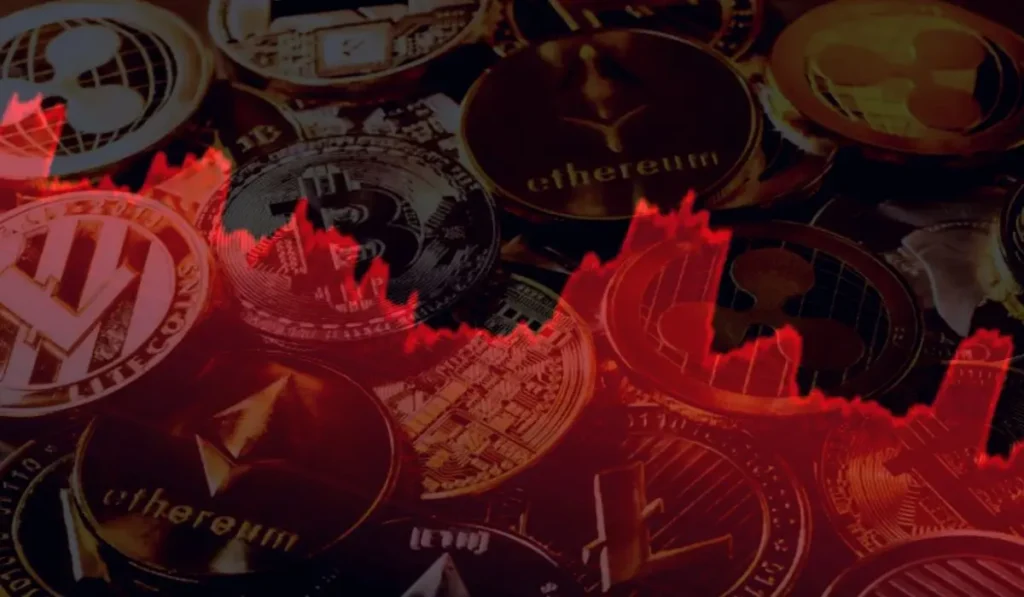The amount of Bitcoin (BTC) held in wallet addresses tied to centralized cryptocurrency exchanges dropped to its lowest level in over five years. Experts are in the notion that the decline represents both positive and negative developments in the market.
A September 1 report published by on-chain data analytics firm CryptoQuant indicates that the so-called exchange reserve ratio for Bitcoin dropped by 4% last month to 2 million BTC, worth approximately $54.5 billion. This is said to be the lowest level observed since January 2018.
As of August 26, Bitcoin’s trading volume on all exchanges stood at 129,307 BTC (approximately $3.3 billion). However, earlier last month, the figure fell to 112,317 BTC ($2.9 billion), which was its lowest rate since November 2018. The number is now 94% down from March’s high of 3.5 million BTC ($90 billion) held on exchanges.
Market analysts point out that there are two main reasons for the decline in centralized Bitcoin holdings. One is the growing popularity of crypto platforms like ClearLoop, which allows users to trade their funds without moving them to exchanges or by depositing very minimal amounts, and the other reason is that investors have lost trust in centralized players ever since the collapse of FTX exchange in November 2022.
Non-Custodial Crypto Trading Platforms Taking The Wind Out Of Centralized Exchanges
Speaking to the crypto news outlet Coindesk, Markus Thielen, the head of research and strategy at crypto financial services platform Matrixport, said the increased demand for services like Clearloop is a “natural progression of the crypto market,” leading to exchanges having to deal with maintaining lower balances.

He predicts that the move will make centralized cryptocurrency exchanges less important over time and force the platforms to find new business opportunities within the sector to stay relevant.
In May, Matrixport joined forces with crypto custodian Copper – the creators of ClearLoop – to improve the prime brokerage services offered by Matrixport. The partnership saw the financial services platform integrate ClearLoop to enable off-exchange crypto trade settlements for institutional clients.
The ClearLoop network connects to multiple exchanges in a single, secure trading loop that allows investors to hold on to their assets until just before a trade is executed. Customers can store their assets in Matrixport-managed sub-accounts within the ClearLoop ecosystem.
FTX Debacle Forced Investors To Look For Alternatives
Another concern for investors is the safety and security offered by centralized exchanges over their assets. Since disgraced former billionaire Sam Bankman-Fried’s exchange, FTX, filed for bankruptcy last year, many investors have refrained from storing their funds on centralized exchanges.
FTX, which was once deemed the world’s third-largest crypto exchange by trading volume, was caught commingling over $10 billion worth of user and investor funds.
Thielen asserts that the FTX leadership’s mismanagement of customer assets reminded investors about the importance of self-custodying their crypto.
The event led to the erosion of investor confidence in centralized crypto custodians, resulting in exchanges experiencing the cumulative ill effects of reduced balances on their platforms.
Majority Of Investors Now Prefer To Self-Custody Their Crypto
Last month, financial consulting firm PricewaterhouseCoopers published its annual global crypto hedge fund report, which revealed that only 9% of investors store their tokens exclusively on exchanges, while a vast majority of industry players now prefer multiple custody options.
According to the report, market-neutral, discretionary long-only, quantitative long/short, and discretionary long/short strategies overwhelmingly preferred trusting third-party custodians with their assets.
Out of the four, funds under a long-only strategy hold the fewest coins in both commingled and segregated accounts on exchanges.
The report suggests that after the turbulent events of last year, crypto hedge funds are looking at ways to mitigate as much risk as possible and are only maintaining the sufficient amount of tokens on crypto exchanges that will be required for day-to-day trading.
Crypto Owners Adopt Long-Term Holding Strategy
More and more investors prefer to take direct custody of their crypto assets with the intention of holding them for the long term in anticipation of a future price increase. This is also a main reason for dwindling exchange balances.
Thielen believes that investors are highly confident in the long-term prospects of cryptocurrencies. Token prices are expected to soar even further as soon as the upcoming Bitcoin halving event, where the rewards attained from mining the cryptocurrency will be cut in half, in early 2024.
The Matrixport strategist said that investors are taking a “buy-and-hold” approach in the aftermath of the 2022 price declines.
At the time of writing, Bitcoin (BTC) was trading at $26,000 – down 4.6% in the last 24 hours.
